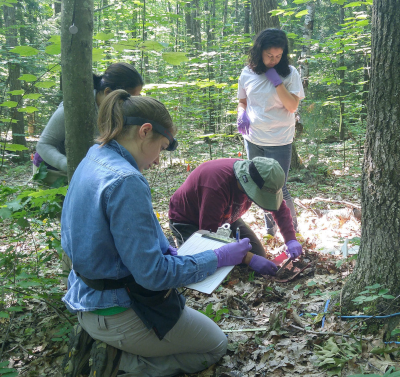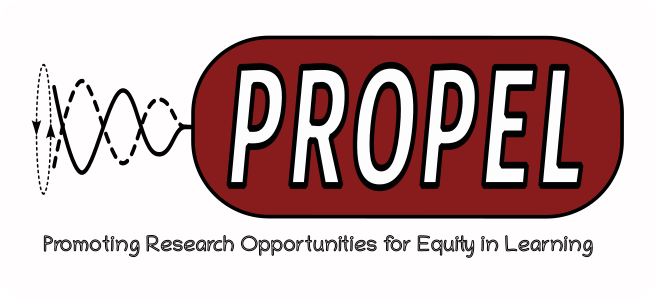Our Research
Current Projects
Emerging Soil DNA and RNA Viruses

We recently discovered the world’s second-largest virus genome (2.1 MB) along with fifteen other novel giant DNA viruses in our soil warming experiment. These discoveries were made using fluorescence-activated cell sorting, and we have visualized several candidate giant viruses using Transmission Electron Microscopy (TEM) (see figure). Currently, we are expanding our research using metagenomics to explore viral diversity across broader ecological contexts. The National Ecological Observatory Network (NEON) has been systematically collecting and archiving soil samples from the Quabbin Reservoir Watershed—including the Harvard Forest—and other sites across the United States. Leveraging this 10-year time series, we are identifying novel and emerging DNA and RNA viruses in the Quabbin sites and investigating how their presence correlates with climatic factors. A key focus of our ongoing work is mapping the spatial distribution of these viruses to better understand their ecological roles and potential responses to environmental change.
The Consequences of Long-Term Soil Warming

The Barre Woods experimental warming site at Harvard Forest was established in 2002 by Jerry Melillo. Over the past five years, our research group has focused on understanding the effects of long-term soil warming on viral communities. Our findings suggest that prolonged warming, similar to the global trends driven by climate change, has significant impacts on diverse viral groups, including virophages, DNA phages, RNA phages, eukaryotic RNA viruses, and viroids. These changes in viral community structure may have important ecological consequences, potentially influencing microbial dynamics and feeding back into the climate system itself.
Climate, Microbes, and Medicine: Discovering Antimicrobials in Warming Forest Soils
We’re screening soils from the Harvard Forest and Quabbin Reservoir Watershed for antimicrobial activity using an E. coli library of barcoded single-gene deletions. This approach, based on the pooled genetic screen, allows us to pinpoint which bacterial genes and traits are targeted by antimicrobial compounds found in soil. By combining this genetic screen with our rich metagenomic data, we aim to identify the biosynthetic pathways responsible for producing these natural antimicrobials—potentially leading to new antibiotics or therapeutic agents.
PROPEL (Promoting Research Opportunities for Equity in Learning)
I serve as Director of the PROPEL program at UMass Amherst, which is dedicated to ensuring equitable access to academic and research opportunities for all undergraduate students. Through PROPEL, I lead a team of undergraduates engaged in research aimed at fostering a vibrant and inclusive undergraduate research culture across campus. Our efforts focus on mentorship, skill-building, and creating pathways for students from all backgrounds to participate meaningfully in scholarly inquiry.
